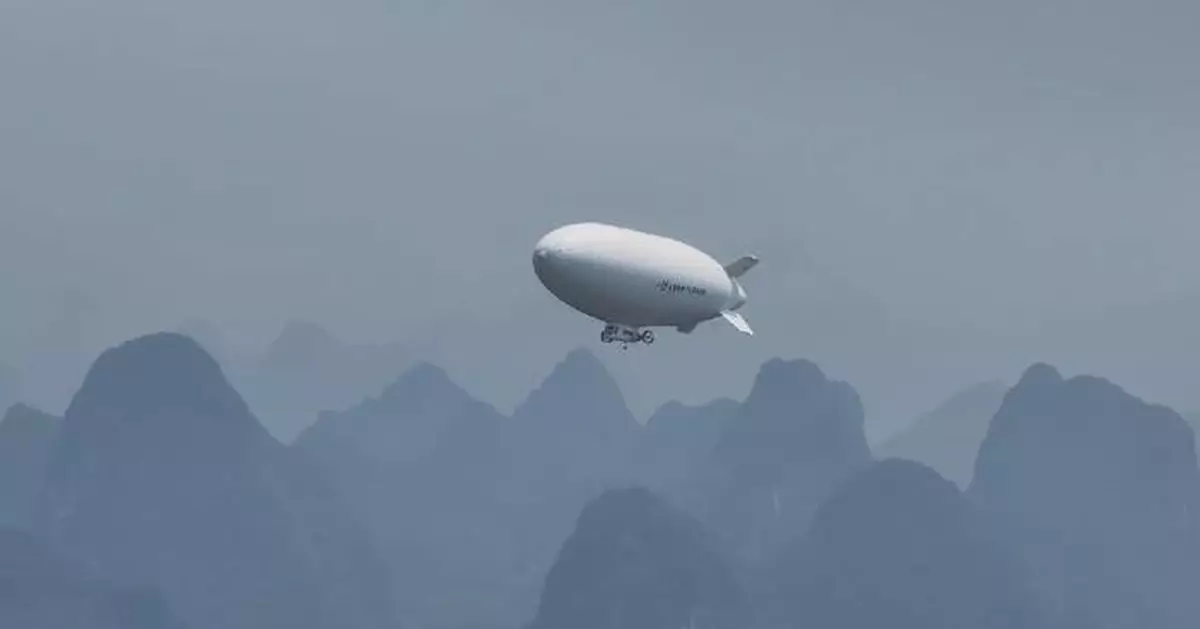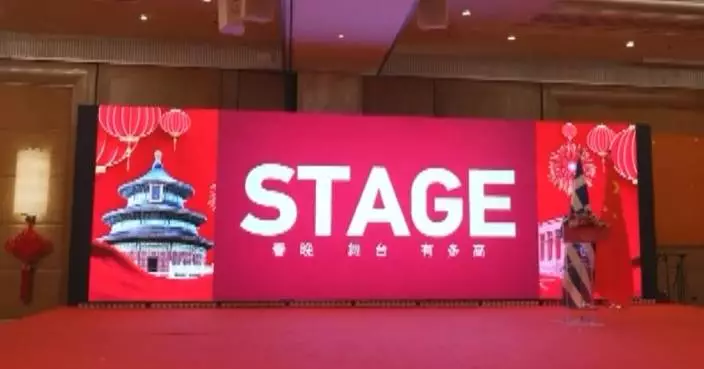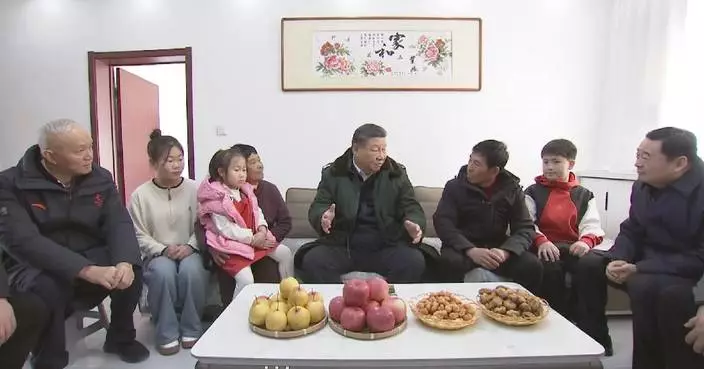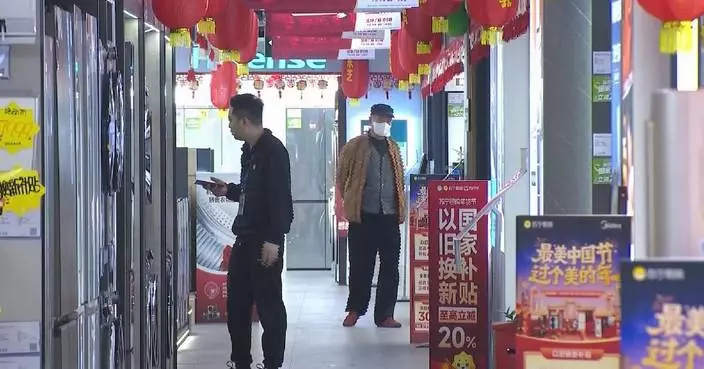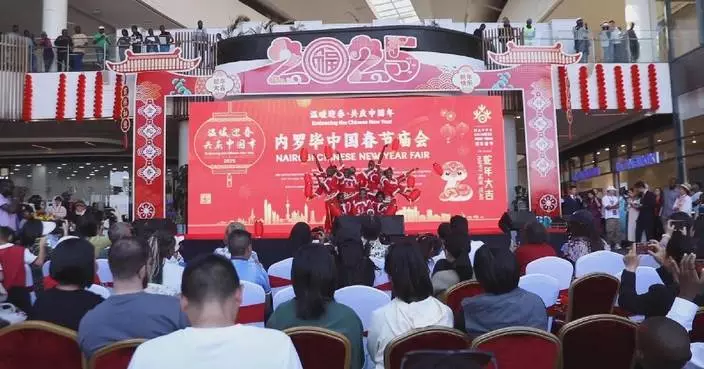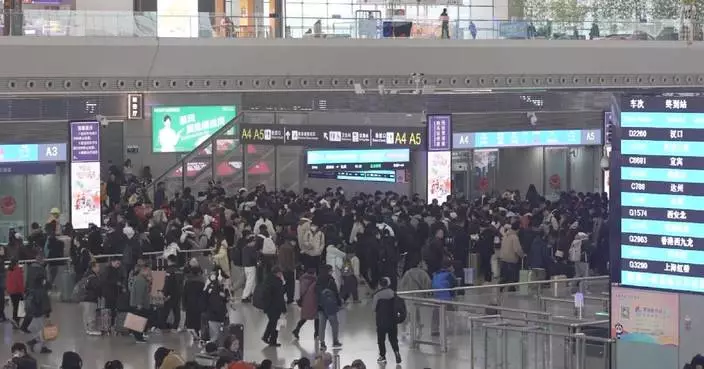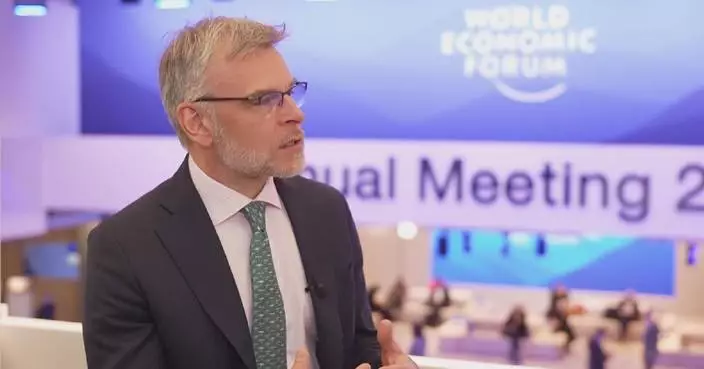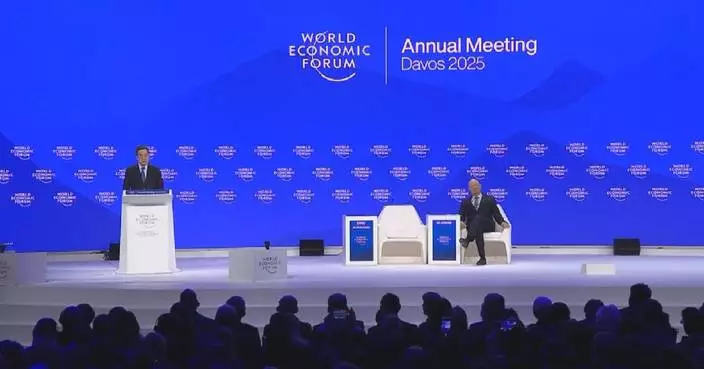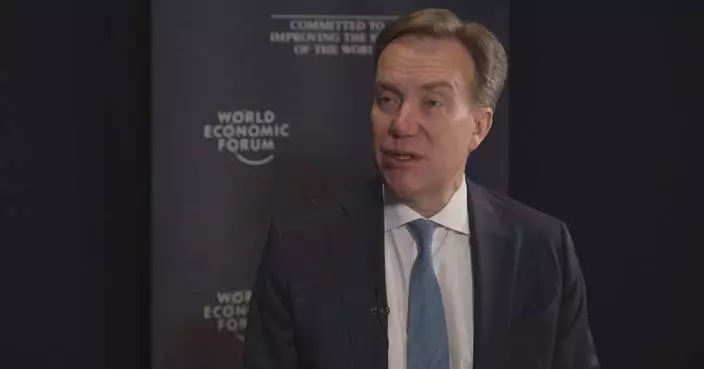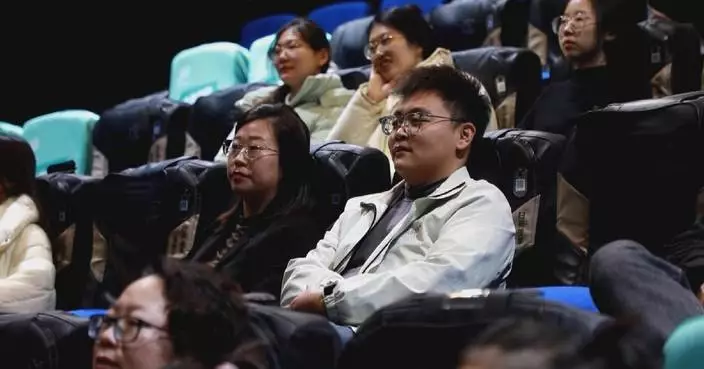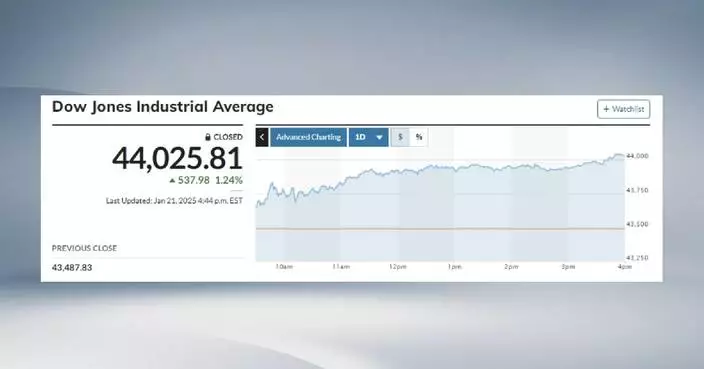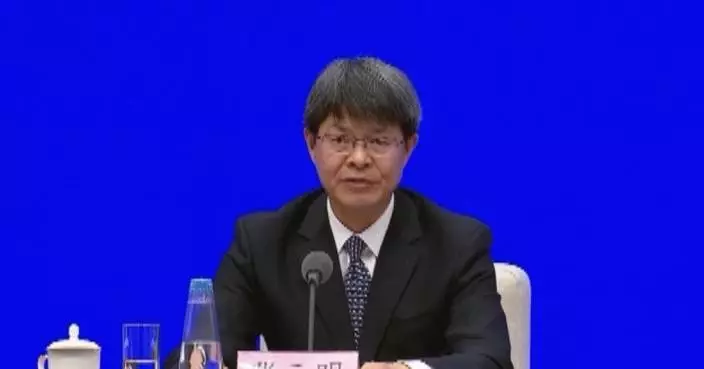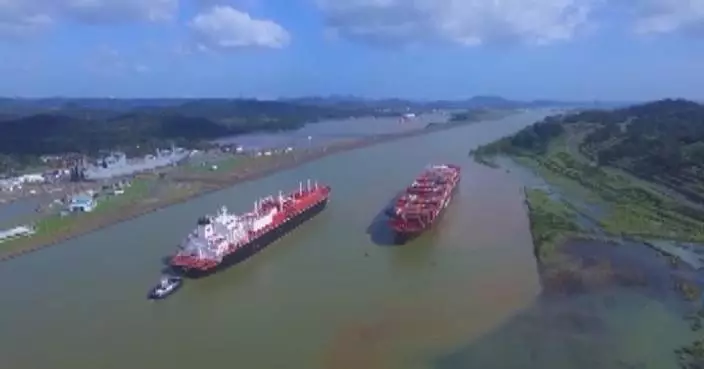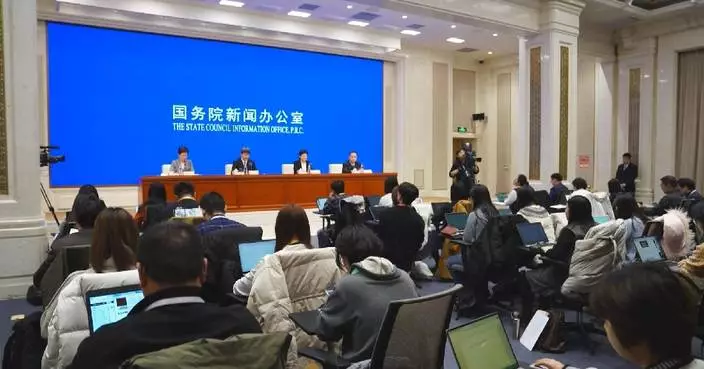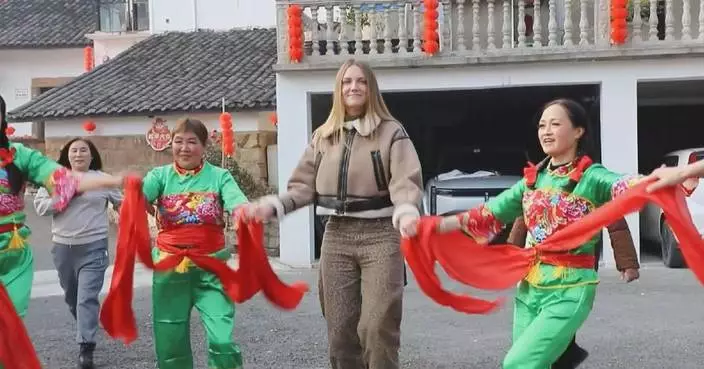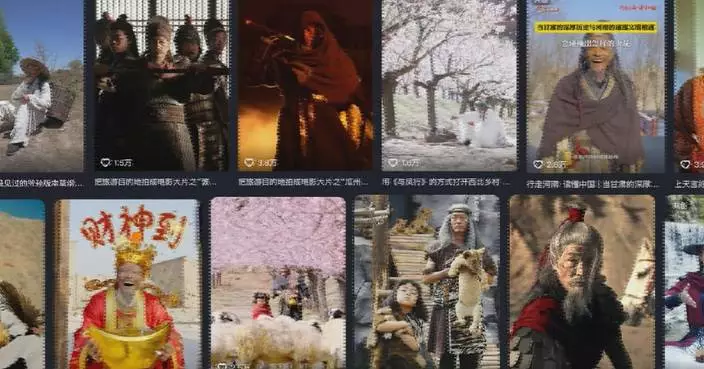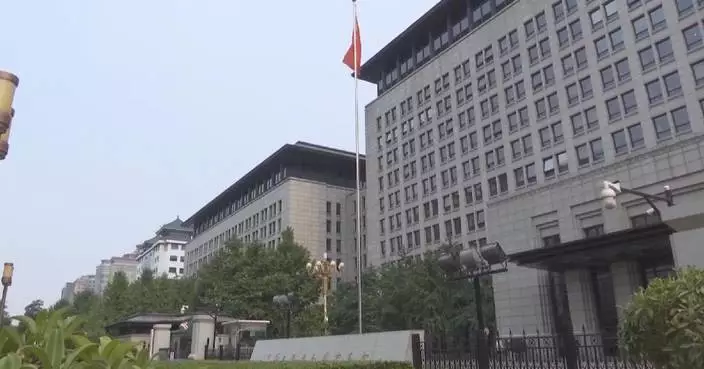China's first independently-developed civil manned airship, the AS700 "Xiangyun," was officially delivered to the customer on Saturday, according to the Aviation Industry Corporation of China (AVIC).
Developed by the AVIC Special Vehicle Research Institute, the AS700 is a type of single-capsule manned airship, which has a maximum carrying capacity of 10 people, including a pilot. It has a maximum flight range of 700 km, a maximum altitude of 3,100 meters and a maximum endurance of 10 hours, according to the AVIC.
Before the delivery, the airship completed its trans-provincial ferry flight over around 1,000 km, and conducted 15 days of experience flights for 306 passenger trips, which verified its safety and reliability.
Along with the delivery, a contract to purchase up to 12 more airships was signed.
The civil manned airship has vast prospects amid the country's booming low-altitude economy. The AS700 airship is capable of diversified applications, such as aerial tours, emergency rescue, urban security and aerial geophysical surveys, the AVIC said.
The airship will begin commercial operation soon.
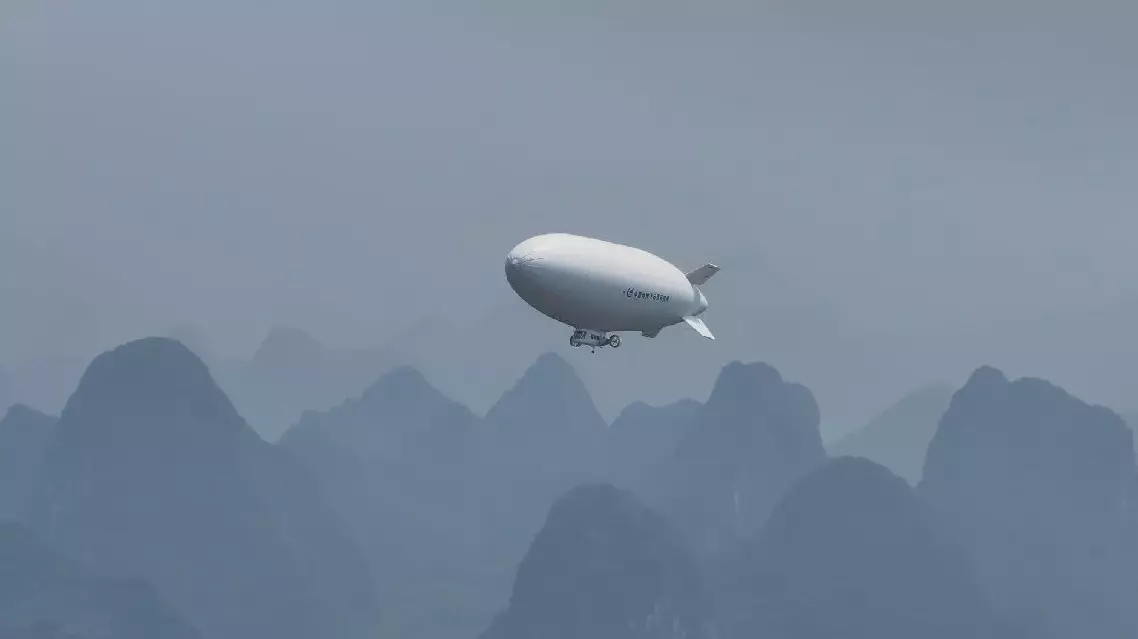
China's first AS700 manned airship delivered to customer for commercial operation
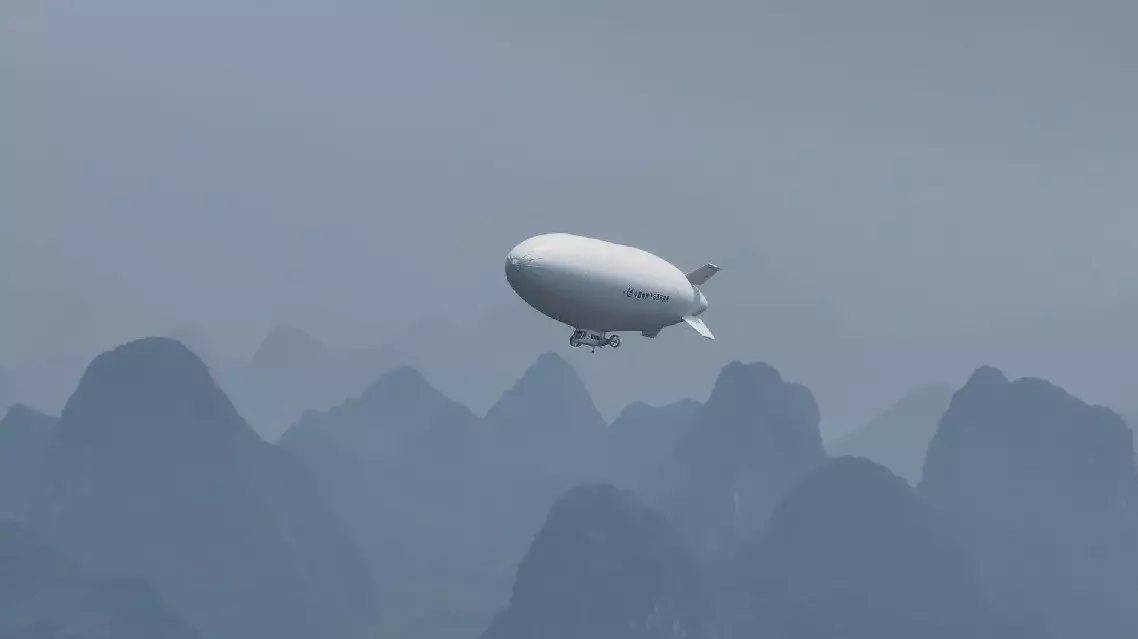
China's first AS700 manned airship delivered to customer for commercial operation
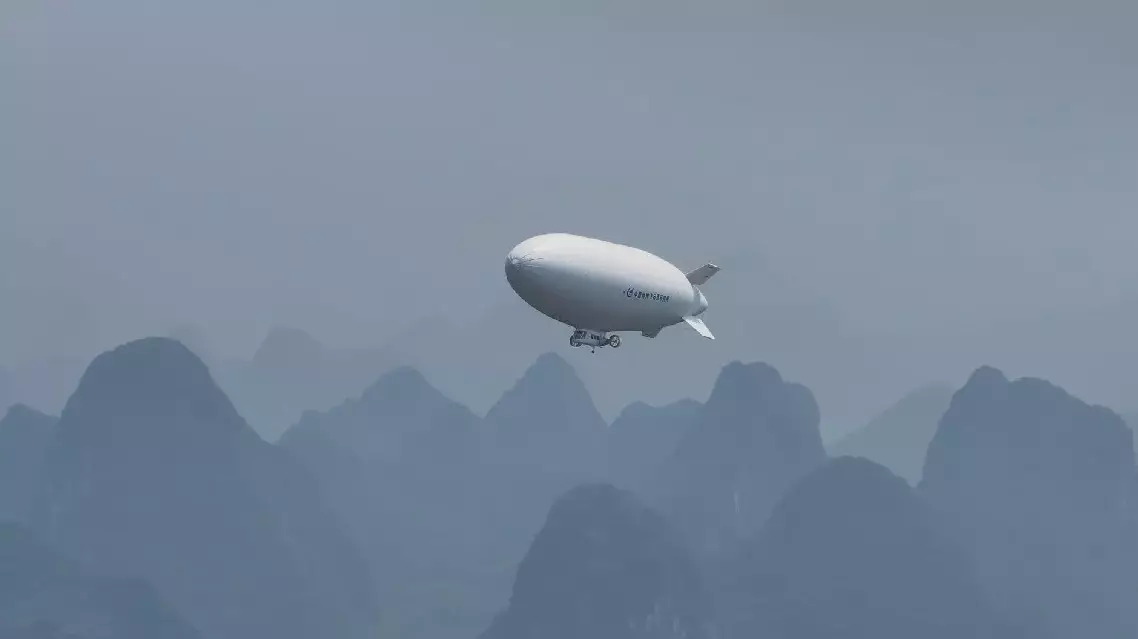
China's first AS700 manned airship delivered to customer for commercial operation
An official with the World Economic Forum (WEF) has stressed the importance of establishing an adaptable mechanism for dialogue and cooperation that allows the global economy to fully benefit from the development potential of new technologies while managing the associated risks.
Mirek Dusek, one of WEF's managing directors, was speaking on the sidelines of the 2025 WEF Annual Meeting, which commenced in Davos, Switzerland on Monday.
The five-day event has gathered around 3,000 participants from various regions and industries around the world under the theme "Collaboration for the Intelligent Age," highlighting the need for greater collaboration against a backdrop of rapid technological advancements and global divisions.
In an interview with the China Global Television Network (CGTN) on Tuesday, Dusek said WEF is monitoring "two big forces" they believe are changing the world economy.
"On one hand, we are living through quite a unique time in terms of technological advancement and innovation. But on the other hand, of course, we are also tracking forces of fragmentation. We are seeing a more competitive geopolitical landscape, shifting value chains and supply chains, and of course, also social polarization in certain societies around the world," he said.
With the current uncertainties in the world, Dusek stressed the importance of building a suitable platform for dialogue, and ensuring that such a mechanisms is adaptable to respond to the various challenges.
"Given the trends that we are seeing in the global economy, in international relations, that function of bridging and dialogue could not be more important. It's very important that we have mechanisms where we can have dialogue and cooperation, and of course, we also need to be on the front foot of thinking, 'Okay, how do we make sure that the collaborative mechanisms are fit for the 21st century?'" he said, adding that this will be one of the focuses of the current Davos meeting.
Dusek also emphasized China's vital role in promoting global economic growth and technological development, describing the country as a "key actor" in helping the world transition to a new era of tech-driven development.
"Everyone understands that we need to be on our front foot, really thinking creatively around how do we relaunch growth that is inclusive, sustainable. But how do we relaunch growth in this new situation for the world economy? And China plays a very important role in that endeavor, on development, on trade, of course, as well. On technology, I mentioned the theme, 'The Intelligent Age'. What we are trying to communicate with that is that there is a huge opportunity around some of these technologies. What is quite special is that it's not only one technology, but we are seeing, at this moment, whole sets of technologies that are going to market and exponentially changing industry and economy. If we have this huge opportunity around these technologies, how do we design [not only] our dialogue mechanisms, but also our collaborative mechanisms to be able to harness these technologies for the benefit of the world economy while taking care of the risks," he said.
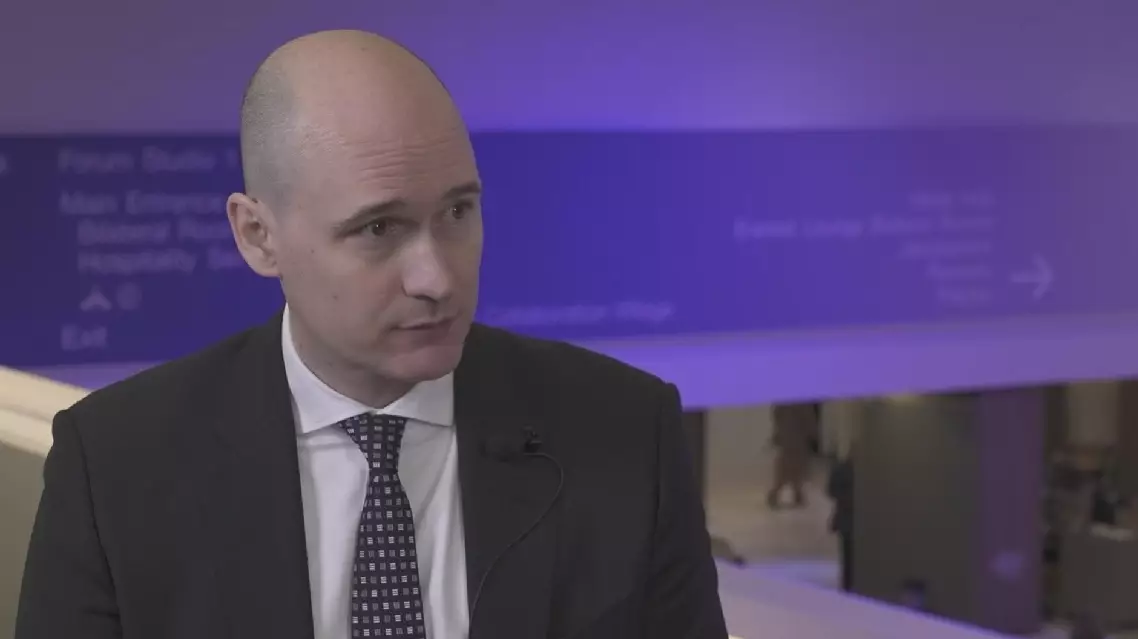
WEF official calls for mechanisms to foster dialogue in new tech era, boost world economy





